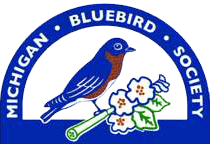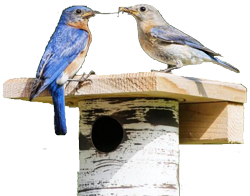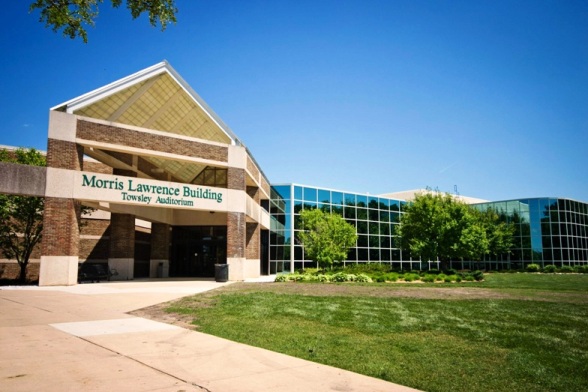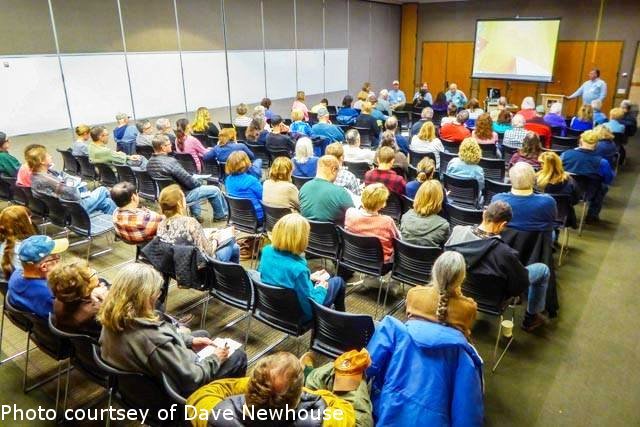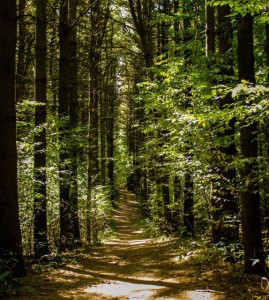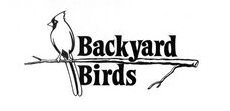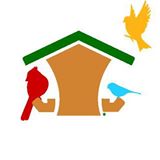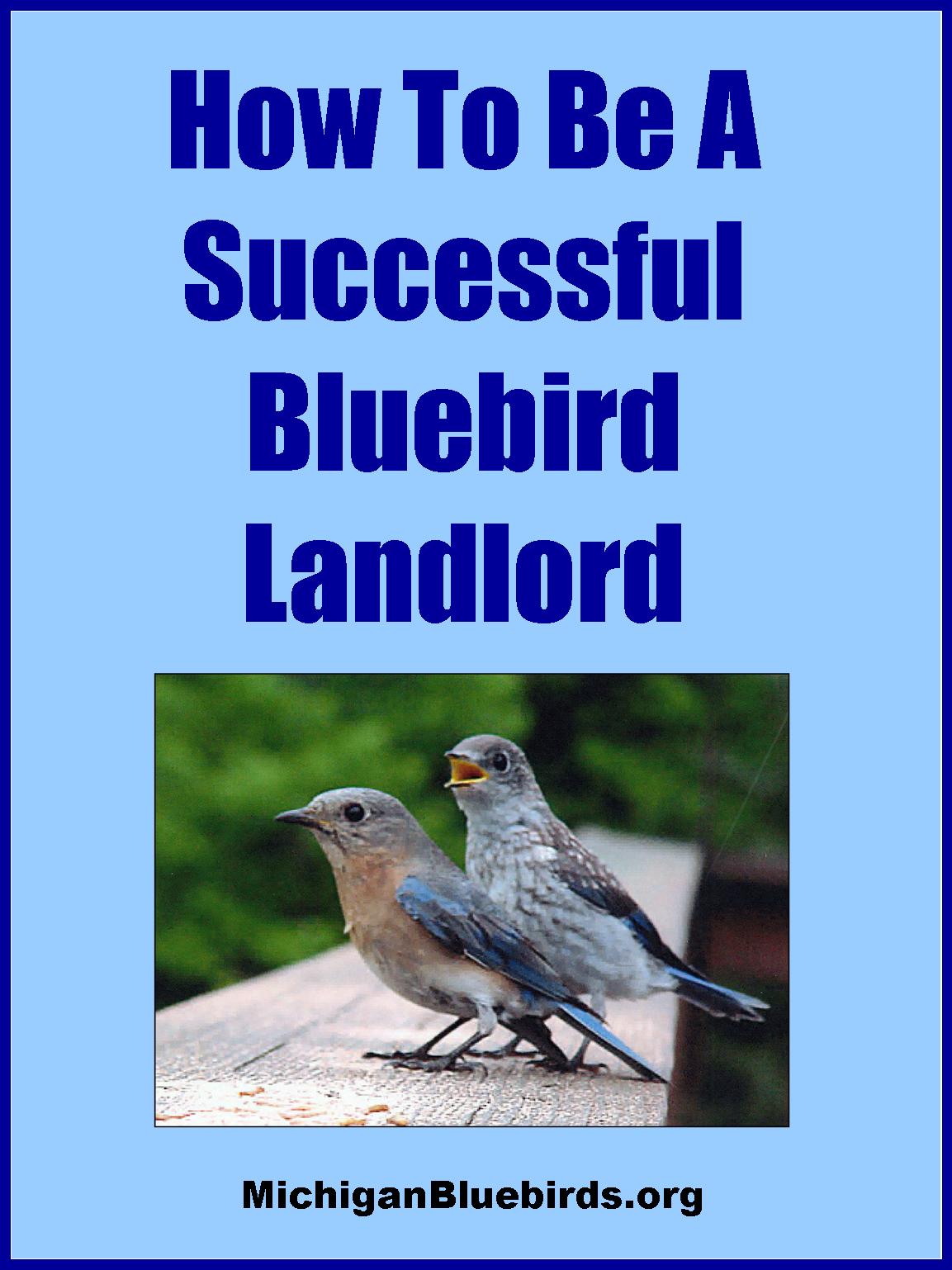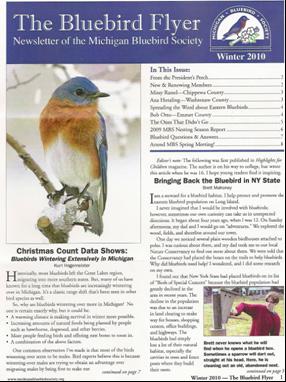MICHIGAN BLUEBIRD SOCIETY
NEST BOX GRANT PROGRAM
Description and Criteria
MBS is not accepting applications for new grants at this time. We are currently working on restructuring the grant program.
Once restructuring has been completed, we will update this page with information on applying for a grant.
Please check back periodically if you wish to apply for a grant.
